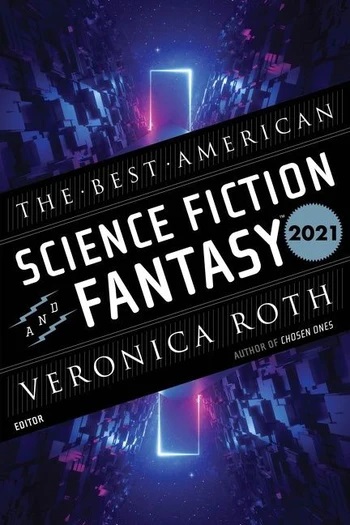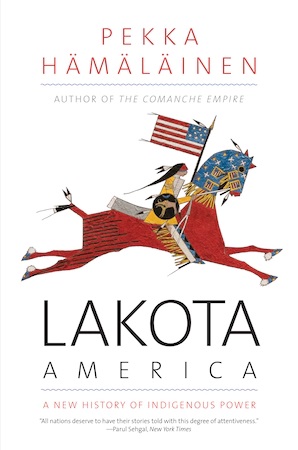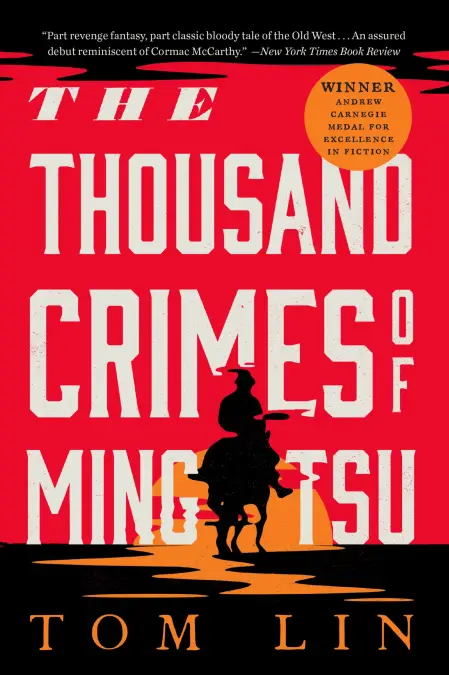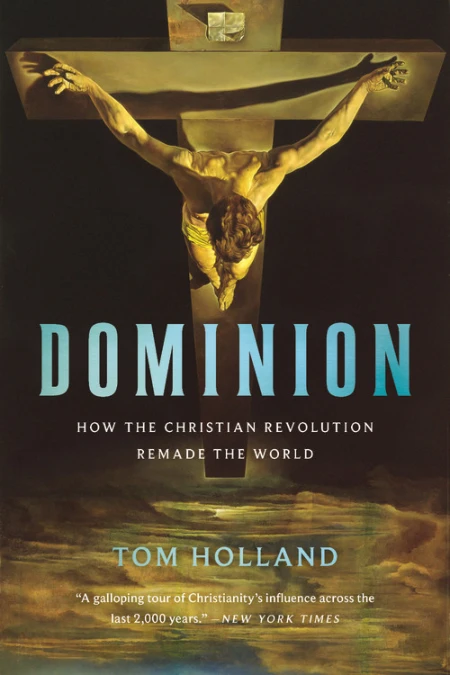Reading ‘The Best American Science Fiction And Fantasy 2021’
Over the past few years, my reading habits have been a lot more in the area of fiction than non-fiction, and when I do read fiction, it’s had a tendency to either be literary fiction or mysteries. But science fiction was my first love as a reader–I’ve just kind of fallen out of reading it.
So in an effort to re-acquaint myself with that’s out there, I picked up The Best American Science Fiction & Fantasy 2021 edition when I was browsing the library. I love a good sci-fi short story, and while I didn’t like everything in this volume, there were a few that really stood out for me. They included:
“Survival Guide” by Karin Lowachee. My handwritten note for this story was “FUCK. That was GOOD.” This near-future story about kids being educated with the help of neural-connected AI was incredibly written but what really drew me into was how ambiguous it was about the technology. Usually this type of story falls pretty easily into two camps: the Frankenstein story, where the AI is destroying the essence of our humanity; or the transhuman story, where AI is liberating humanity from the confines of biology. This is neither. It’s interesting and I kept thinking about this story for days after I finished it.
“Our Language” by Yohanca Delgado. I found this mythological/fantasy story absolutely fascinating. In some ways, it reminded me of “Mythological Beast” by Stephen Donaldson, which is another first person tale of metamorphosis, but without the dystopian elements. Well-written and poignant. I liked this one.
“Schrodinger’s Catastrophe” by Gene Doucette. This was probably my favorite story in the book. Just a fun, old-school brain-breaking sci-fi story about what happens when the laws of physics don’t work the way the protagonists expect them to.
“The Cleaners” by Ken Liu. This was just haunting and beautiful. And I loved the central metaphor. I don’t want to spoil it. Just read it.
“Beyond The Dragon’s Gate” by Yoon Ha Lee. This one was published at Tor.com so you can read it here. I recommend doing so. This one, weirdly enough, reminded me of a classic Asimov robot story, even though stylistically it’s very different. I loved it.
“The Beast Adjoins” by Ted Kosmatka. I didn’t think there was anything new you could do with the “robot/AI uprising” genre. Kosmatka proved me wrong. Bleak. Powerful. Depressing. But amazing.
“The Long Walk” by Kate Elliott. Probably my second favorite story in the book and a close contender for the top spot. This is a lovely fantasy story about a woman finding a new way to live by escaping a society that considers her disposable.
“Two Truths And A Lie” by Sarah Pinsker. I don’t have any idea how to talk about this one or describe it. (I realize I’ve done precious little of that above, either, but still.) This one I just loved to pieces. Had a very Twilight Zone vibe to it.
“Brother Rifle” by Daryl Gregory. This bit of near sci-fi only feels like it’s fiction right now. But it might not be in 10 years. A really affecting story of PTSD, warfare and the way we dehumanize soldiers in order to make them into killers. Bracing and sad.



